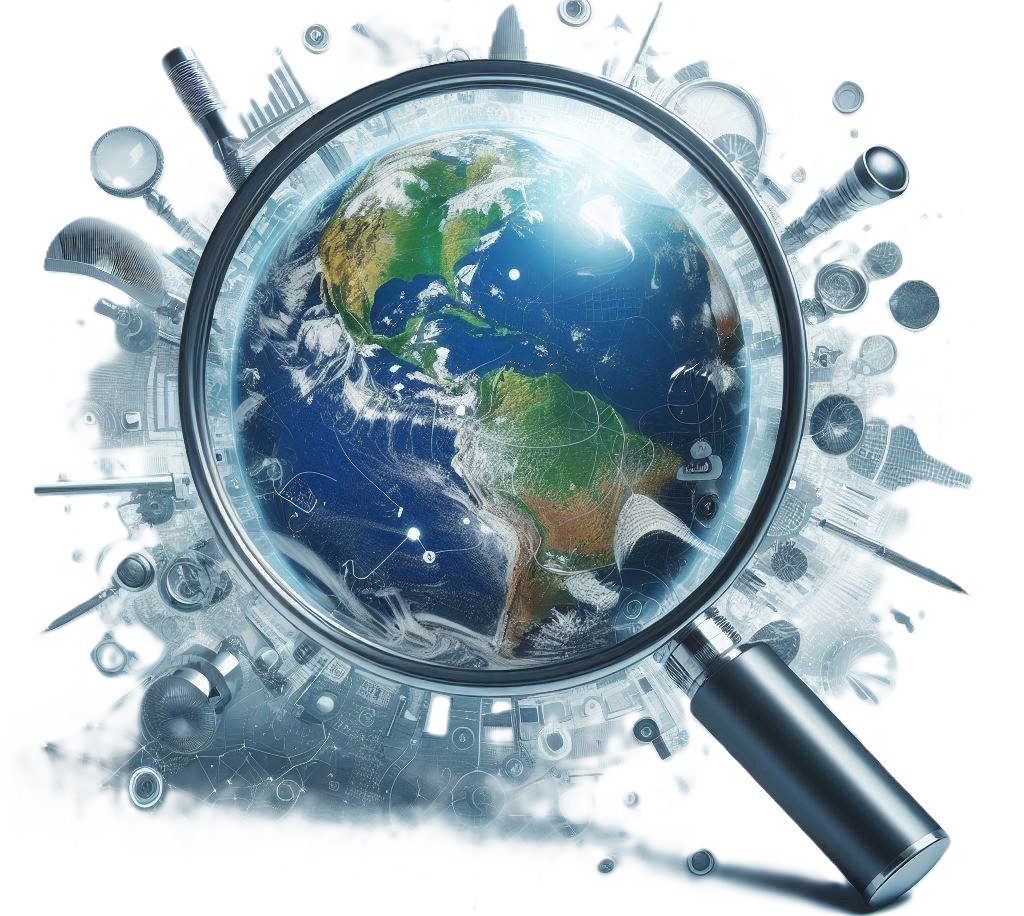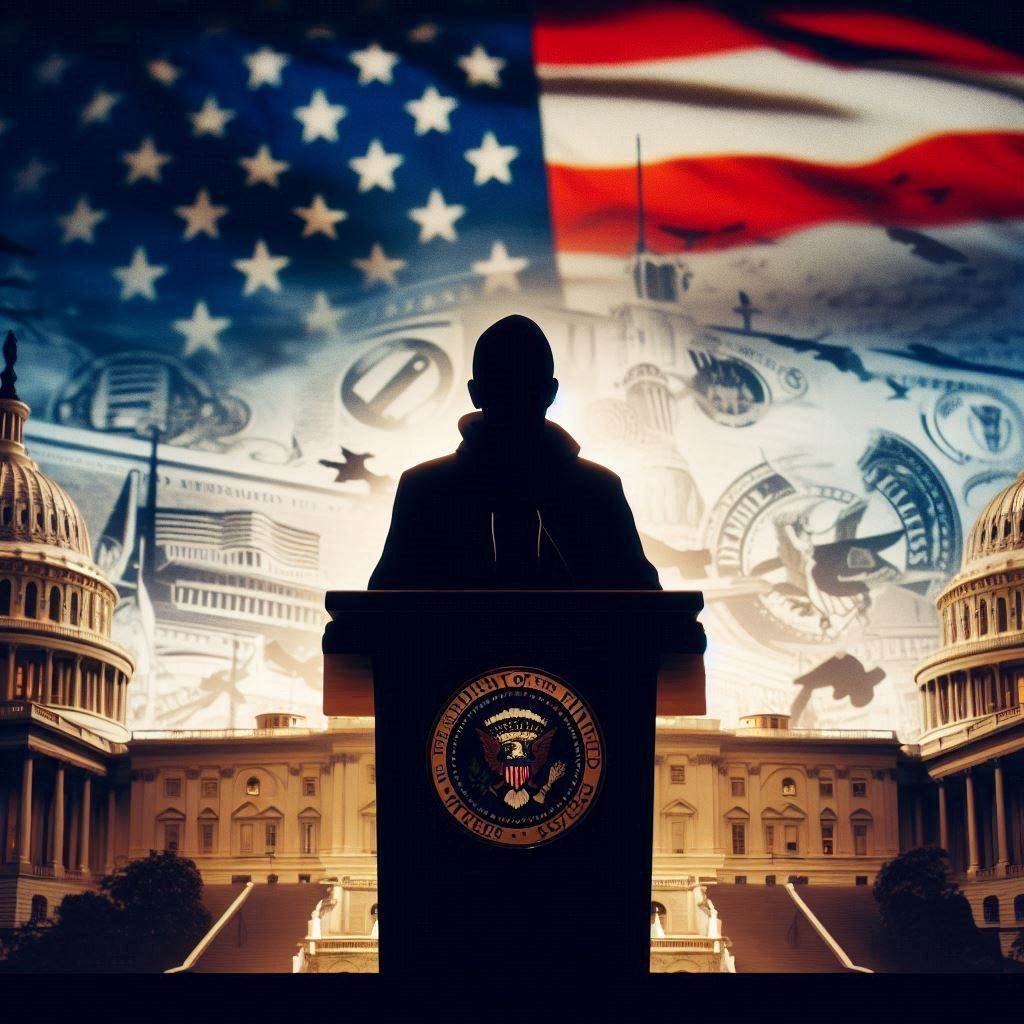Shadow Governments: Separating Fact from Fiction
Introduction
The idea of a “shadow government”—a secret group of powerful elites controlling world affairs from behind the scenes—is one of the most persistent and far-reaching conspiracy theories. Some believe that elected governments are merely puppets, while real decisions are made by a hidden network of political figures, corporations, intelligence agencies, and secret societies. This theory is often linked to organizations like the Illuminati, the Bilderberg Group, and the Trilateral Commission. But how much of this is based on real evidence, and how much is speculation? In this article, we will examine the main claims of shadow government theories, analyze the evidence, debunk the myths, and provide fact-checking resources for readers to explore.
The concept of a shadow government has been around for centuries, with different versions appearing in various historical periods. From whispers of secret rulers in ancient times to modern fears about global elites, these theories have evolved with the times. With the rise of social media and alternative news sources, beliefs in shadow governments have gained even more traction. The fear that unseen forces manipulate elections, economies, and wars fuels distrust in institutions. In some cases, these theories stem from legitimate concerns, such as government overreach, secrecy in policymaking, and corporate influence in politics. However, they often spiral into unverified and exaggerated claims. In this article, we will break down some of the most well-known shadow government conspiracy theories, exploring the claims, the supposed evidence, the logical fallacies, and the verifiable facts.
Conspiracy Theory 1: The Deep State Controls the Government
The Claim
Many conspiracy theorists argue that a “Deep State” exists—an unelected group within the government that operates independently of elected officials. This hidden power is believed to manipulate policies, intelligence operations, and global events to serve its own interests. The term has been widely used in political discussions, with some claiming that intelligence agencies, military leaders, and bureaucrats undermine democratic governance. According to believers, the Deep State operates behind the scenes, making critical decisions without public approval and ensuring continuity of power regardless of election outcomes.
The Evidence
- Leaked documents, such as those from Edward Snowden, show that intelligence agencies engage in mass surveillance, leading some to believe in hidden agendas.
- The influence of powerful lobbyists and think tanks on government policy is seen as evidence that elected officials are not in full control.
- Sudden shifts in policy, even across different administrations, are viewed as proof that a constant, unelected power structure exists.
- Reports of intelligence agencies allegedly interfering in foreign governments have led some to question if similar operations happen domestically.
- Some political figures have openly claimed that bureaucrats work to resist certain elected officials’ policies, which is cited as proof of internal subversion.
The Debunking
- Government agencies operate within legal frameworks and oversight committees, limiting the extent of any “hidden control.”
- Intelligence agencies do conduct covert operations, but these are subject to congressional review and legal constraints.
- Lobbyists and think tanks do influence politics, but this is a well-documented and legal process rather than a shadowy conspiracy.
- Bureaucrats and officials follow established procedures that remain consistent to maintain stability in governance, which can sometimes be misinterpreted as resistance to political change.
- Misinterpretations of classified operations or internal disagreements do not equate to a single, cohesive “Deep State” controlling all aspects of government.
Fact-Checking
Conspiracy Theory 2: The Bilderberg Group Controls Global Policy
The Claim
The Bilderberg Group, an annual conference of influential business and political leaders, is often accused of secretly shaping world events. Some claim it is a meeting of a global elite who decide economic policies, political elections, and even wars. Critics argue that the secrecy surrounding these meetings indicates a hidden agenda, and some even believe that the group is part of a larger movement to create a one-world government.
The Evidence
- The group meets behind closed doors, leading to suspicions about its agenda.
- Prominent politicians and business leaders attend, fueling speculation about its influence.
- Some policies discussed at Bilderberg meetings seem to later align with global economic trends.
- Some world leaders have attended before rising to power, leading to speculation that the group selects political leaders.
- The lack of public records about discussions held at these meetings raises concerns about transparency.
The Debunking
- The Bilderberg Group is a private conference, but its attendees are public figures, and topics discussed are not binding decisions.
- Many other international forums, such as the G7 and World Economic Forum, operate similarly without accusations of a “shadow government.”
- No verifiable evidence suggests that the group dictates global policies.
- The idea that leaders attending Bilderberg were “chosen” rather than being naturally influential is an example of correlation, not causation.
- The secrecy is meant to encourage open discussion among world leaders, not to hide nefarious plots.
Fact-Checking
Conspiracy Theory 3: Corporate and Media Control Over Governments
The Claim
Some believe that major corporations and media conglomerates hold more power than elected officials, shaping policies, public opinion, and even war efforts. This theory suggests that corporate elites use financial influence to control governments, push specific agendas, and manipulate democratic processes.
The Evidence
- Large corporations fund political campaigns, leading to concerns about policy decisions favoring business interests over public welfare.
- Media companies are often owned by a handful of billionaires, raising fears about biased news coverage and agenda-setting.
- Revolving doors between government positions and corporate boardrooms fuel suspicions of corruption.
- Whistleblowers have exposed lobbying efforts and behind-the-scenes deals that benefit corporations rather than voters.
- Investigative journalism has revealed instances of media suppressing stories that could harm corporate interests.
The Debunking
- While corporate influence exists, democratic institutions, investigative journalism, and regulatory agencies work to limit unethical behavior.
- The media landscape is diverse, and independent journalism challenges corporate narratives.
- Campaign finance laws and transparency measures aim to reduce undue corporate influence, though they are imperfect.
- Lobbying is a legal and public process, with records available for scrutiny.
- Economic influence does not equate to direct control over government policies, as public resistance and political shifts can counteract corporate agendas.
Fact-Checking
Conclusion
While the idea of a shadow government is compelling, the evidence supporting these theories is often weak, misinterpreted, or outright false. Democratic systems, while imperfect, operate under legal frameworks with checks and balances. Believing in hidden control can undermine trust in legitimate institutions and fuel misinformation. However, it is true that corporate influence, media bias, and political lobbying affect governance, requiring ongoing scrutiny and transparency. Instead of accepting conspiracy theories at face value, it is crucial to examine sources critically, seek expert analysis, and rely on verified facts.
What do you think? Have you come across other shadow government theories? Share your thoughts in the comments below!

